
More Helpful Content
Vietnam has drawn numerous international investors and foreigners to live and work due to the rapid development of Vietnam's economy in Southeast Asia. Indeed, Vietnam's 2.9% economic growth, which outperforms every other Asian nation, as well as strong governance, political stability, and ease of doing business, have contributed to this. Regarding the real estate market in Vietnam, this sector has responded to rising manufacturing demand by boosting industrial rents by 10.6% in 2020 in HCMC, according to Cushman & Wakefield.
Because of increasing demand from international investors, rental prices have grown by an incredible 90% from 2017 to 2020. As a result, one of the most often asked questions among international investors is, "Can foreigners buy real estate in Vietnam?" To find out the answer, keep reading the article below. We also provide you with a comprehensive guide on buying property in Vietnam.
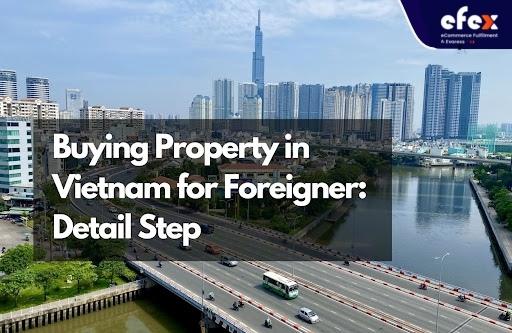
So, Can a foreigner buy property in Vietnam? Yes. Foreign individuals and investors can acquire Vietnam properties as long as their financial abilities are sufficient.
>> Learn more: Business In Vietnam for Indians: Potential And Opportunities
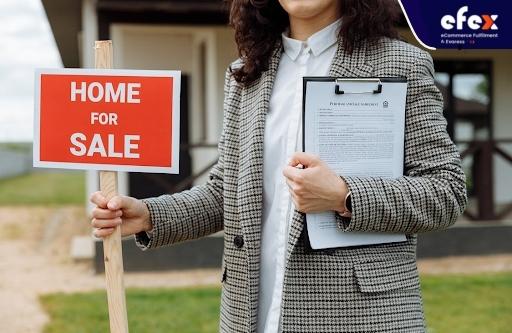
This is related to The Law on Residential Housing (LRH), which governs foreign property ownership. It has the following compelling points:
The land ownership structure in Vietnam differs from that of most other nations. The land belongs to all people in Vietnam, according to the constitution, and the state is merely defined as the one that manages it. So, in terms of land, can foreigners own property in Vietnam? As a result, foreigners are unable to purchase and own land in Vietnam.
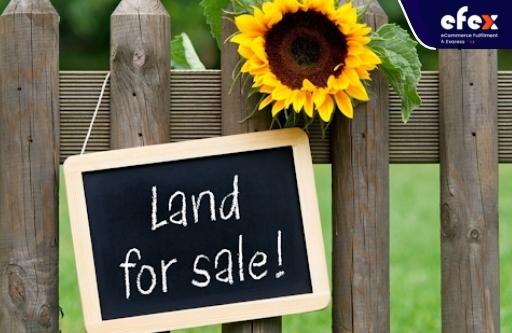
In the traditional perception, even Vietnamese people cannot own land. This concept of private and public land ownership has led people to believe that foreign people and businesses are unable to purchase the property. However, this is not completely right. Foreign investors can gain the right to employ land, which is akin to owning it. The right to use and construct on land can be purchased by Vietnamese citizens, local groups, as well as foreign-owned businesses.
The term and duration of a lease agreement are determined by the type of business that purchases the property. Individual agreements can last up to 50 years, with the right to renew for another 50 years. However, it might range from 70 to 99 years in exceptional circumstances. Regardless of whether the regulations and laws are becoming more open and prone to loosening up in the future, it is critical that you stay mindful.
For example, there is no guarantee that you will be able to extend your lease duration. Foreign-owned enterprises can keep the Vietnam lease agreements until their investment license expires. This is a ten-year grant from the Department of Planning and Investment. This investment license can be renewed as well. Nevertheless, maintaining your business in compliance and filing your taxes in Vietnam on time is critical to avoid extension issues.
If you wish to buy a property from a real estate developer, you'll need to secure a certificate of ownership. Since 2017, the government has made it more difficult for foreigners to get their property ownership certificates due to national security and defense concerns. Furthermore, Vietnamese housing rules only permit foreigners to own up to 30% of a project's apartments. They are unable to purchase real estate in areas earmarked for national security and defense.
Only the Ministry of Public Security as well as Ministries of National Defense have the ability to make such decisions. You can find out about the list of home projects open to international purchasers by visiting your local building department or consulting a local competent consultant. Before making any purchase, make sure you can fully own your prospective home and obtain an ownership certificate as a foreigner. The ownership certificate, often known as the Pink Book, is a document that certifies your entire ownership of the real estate and other properties in Vietnam.
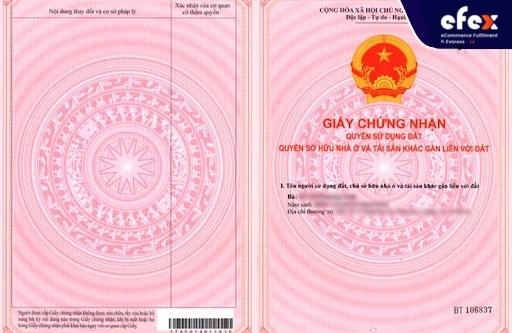
The Pink Book refers to the documentation of land use rights, ownership of dwellings, and other assets related to property in Vietnam. This certification, in other terms, indicates your complete ownership. It was given that name because of the pink color of its covering, and Vietnamese people like to refer to it by that name. The pink book, given by the Natural Resources and Environment Ministry, is valid for all types of land across the country. The pink book will be used for the following:
We don't dispute that getting a mortgage in Vietnam is difficult for foreigners. But, if you want to secure a property loan quickly, you should contact a bank like OCB, HSBC or Standard Chartered. If a foreigner marries a Vietnamese, he or she can obtain a 15-year loan from OBC for up to 4/5 of the value of the property.
However, in order to get a mortgage, such expatriates will be required to submit collateral. Before proceeding, double-check the interest rate, payback time, and amortization requirements to guarantee you're getting the best offer.
Setting up an utterly foreign-owned business is the first step in the acquisition of Vietnam property. You can acquire houses or apartments by founding a foreign-invested company (FIC). The intention should be to offer accommodation for the company's founders, shareholders, as well as employees in this case.
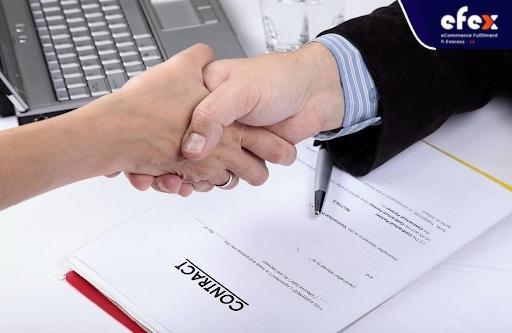
Using leased land, you can build commercial properties, factories, stores, and warehouses. You will not have the authority to purchase and sell real estate in the same way that a real estate company does. Residential and commercial property can be built for sale or lease by officially recognized real-estate trading organizations.
Leasing property directly from the government or an industrial park is another option. You will be permitted to construct for commercial purposes in these situations. This nevertheless requires that your commercial business adheres to your company's business line. For instance, you will be able to construct a warehouse as a trading company. And, you can construct a manufacturing plant as a manufacturing company.
All foreign investment businesses in Vietnam must go through the same company registration process. Without any extra licenses, the process will take around 4-6 weeks to complete. The Planning and Investment Department must first issue an Investment Registration License (DPI). With this certificate, you can begin conducting business in Vietnam.
Acquiring a Business Registration Certificate is the second stage in the Vietnam incorporation process. You possess 90 days to submit your complete capital contribution after receiving a business registration certificate from the DPI. Further licenses may be required depending on your business.
If you want to sublease your land, for example, you'll need a new authorization for each use situation. The time it takes to register a business is typically increased as a result of this.
Forming a joint venture with Vietnamese shareholders is a second choice for purchasing Vietnam property. Vietnamese people and locally owned businesses can purchase:
For Vietnamese citizens, the agreement has an indefinite validity. Property can be owned by local Vietnamese businesses until the company is terminated.
Foreign residents can buy houses in Vietnam without having to establish a formal entity. For the initial contract, the length of ownership for a house selling agreement cannot exceed 50 years. In Vietnam, this form of arrangement is very popular. It's the closest thing we have to a private ownership system.
By including an extension clause in the agreement, an individual purchase contract can be extended for a further 50 years. It's a good idea to negotiate clauses with the seller in the contract that secure the specific renewal terms, such as:
You're able to sublease your home or apartment as an individual after having it registered with the local tax office.

Besides, you also should consider what you hope to gain from your investment when buying a property in Vietnam. The ideal choice for anyone searching for high appreciation is the central locations of Ha Noi and Ho Chi Minh City. Many multinational enterprises, foreigners, and locals find them appealing. Da Nang, Nha Trang, and Quang Ninh are also better ideas if you like a beach resort.
Housing prices have risen dramatically in recent years, particularly in Da Nang City. If you want to make a lot of money from renting or selling, you should consider a variety of apartments in cities including Ha Noi and Ho Chi Minh City. This can also assist you in minimizing risk.
>> Learn more: Top 10 Vietnam Coffee Production and Export in Vietnam
Vietnam is a wonderful developing country, thus living costs are still reasonable. While it seems not to be appealing as China's or Singapore's big cities, for the time being, Vietnam has a bright future ahead of it. As a result, if you have a long-term goal, you should invest as soon as possible. International investors are rushing to attractive places like Ho Chi Minh City and Ha Noi. However, other cities including Quang Ninh, Da Nang, and Nha Trang are growing in popularity.
Remember, though, that while buying property in Vietnam is a terrific investment for foreigners, the procedure can be intimidating at times. When considering purchasing property or forming a business in Vietnam, it is important to research the market and other issues thoroughly, as well as get legal advice.


